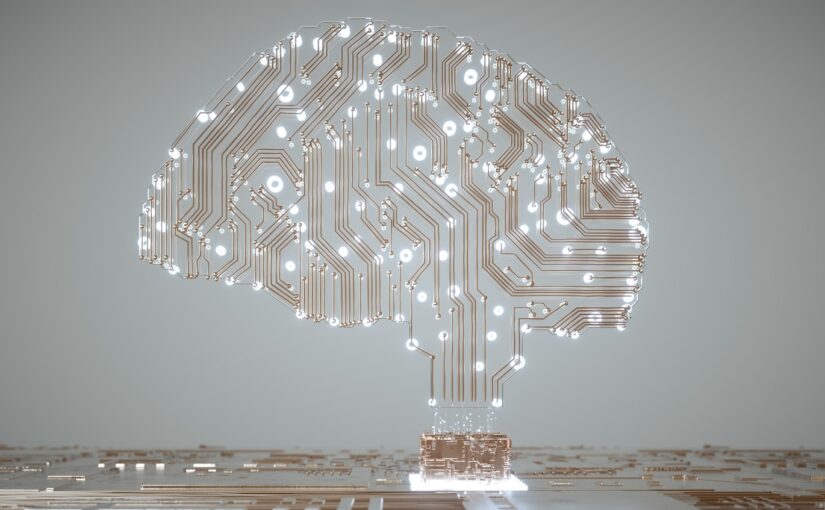Artificial intelligence (AI) has found itself being utilized with increased frequency within the biopharma industry, with companies often collaborating with AI platform providers for a myriad of reasons and mutual benefits. In this article, find out about the growing role that AI is currently playing within a sector that is constantly evolving.
Searching for Drug Candidates
AI plays an important part when it comes to streamlining the process of discovering new drug candidates. This can include predicting the properties of a potential compound where only the molecules that possess the relevant properties are selected for synthesis, saving both time and money by preventing work on compounds that have a high chance of being ineffective. AI can also be used to create ideas for entirely new novel compounds, where the molecule at hand is predicted to have the relevant properties that are needed for a successful clinical trial process, accelerating the rate at which new effective medicines are discovered while also saving large amounts of time that would be needed for manual human intervention.
Finding Clinical Trial Participants
Matching the correct trial with the right participant is a challenging and time-consuming process for both researchers and the patients themselves. With the importance of clinical trials in the R&D process, this is a vital step. Despite this, organizations repeatedly face challenges relating to recruiting participants. Based on an analysis done by Clinical Trials Area, almost 80% of trials do not meet enrollment timelines, while being unable to recruit suitable patients serves as the most common reason for clinical trial termination, making up 55% of cases. This can be a major threat to the industry as it causes delays in drugs being made available to the market.
With this at stake, AI processes can help improve patient selection by identifying and selecting cohorts through data sources like medical health records to determine eligible populations to participate in studies. Subsequent analysis can further hone in on suitable subjects whilst also reducing any unnecessary screening required.
Improving the Manufacturing Process
The manufacturing stage is a crucial point in the timeline of a pharmaceutical asset, with manufacturers needing to meet stringent regulatory requirements as well as meeting customer expectations by providing a consistent product. Here, AI can also play an integral role in providing insights and reducing the requirement for human intervention, such as in quality assurance by identifying defects in raw materials before they enter the production line. AI can also be implemented by spotting faulty products or packaging in real-time, maintaining customer satisfaction.
Industry Applications
Many companies have implemented the use of AI in their business operations. One example can be seen in a collaboration with Sanofi and AI platform developer Owkin. Under the agreement, Sanofi will advance their oncology pipeline and precision medicine efforts with the aid of Owkin’s platform to develop biomarkers to predict patient reactions to different therapies.
Another case is Bayer and their partnership with Exscienta to aid in their drug discovery. Here, Bayer utilize Exscienta’s AI platform to predict drug molecules that can be further advanced in studies. This serves to make the drug discovery process more efficient, as mentioned earlier, ultimately accelerating timelines and reducing the need for human intervention – one of the chief roles of AI within the industry.


